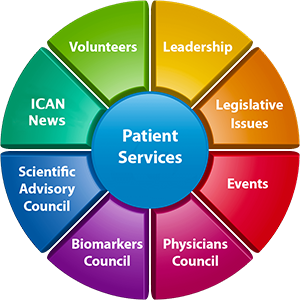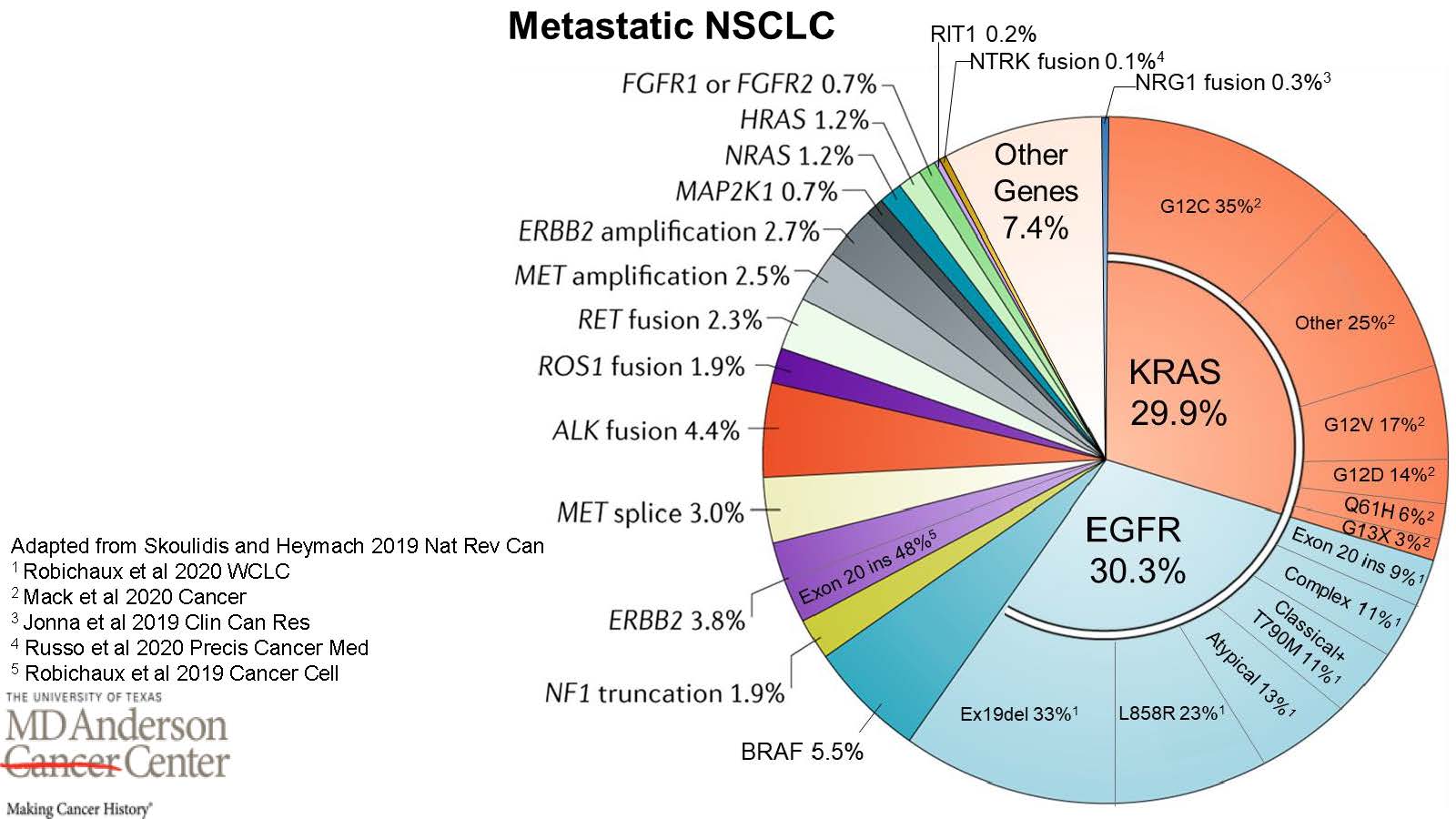ICAN® is a 501(c)(3) patient advocacy and
research advocacy organization with a small staff of professional advocates assisted by hundreds
of volunteers worldwide. With our volunteer leadership representing
17 different time zones, we literally work around the clock,
focusing on our Personalized Medicine Cancer Case Navigation
Programs, health information technology issues, legislative
initiatives, and research projects.
We aim to provide you with the best patient advocates and the most effective cancer patient advocacy possible, with the twin goals of working to extend your life with
the highest quality of life.
ICAN® advocates for you – the patient – or for the patient's spouse or family member who wants
to manage the details of their loved one's cancer case with us.
We are beholden to no one – no oncology practice,
no medical center, no clinical trial, and no biotech or
pharmaceutical company.
Your case is unique and in our many years of
non-stop advocacy services, we've never seen two patient cases
remotely alike.
ICAN® empowers you to navigate rapidly-expanding
diagnostic and personalized treatment options. This information will assist you in informed discussions with
family and providers.
We never, ever, compromise patient privacy (zealous implementers of HIPAA) – We will not
disclose your name or any identifying information, or exploit your
case for fundraising purposes.
ICAN is very grateful to Quint Studer for recognizing our patient services—and how we view patients—in his column that reaches tens of thousands of readers: Read Quint's article here.
 Fistbump Fundraiser!
Fistbump Fundraiser!




